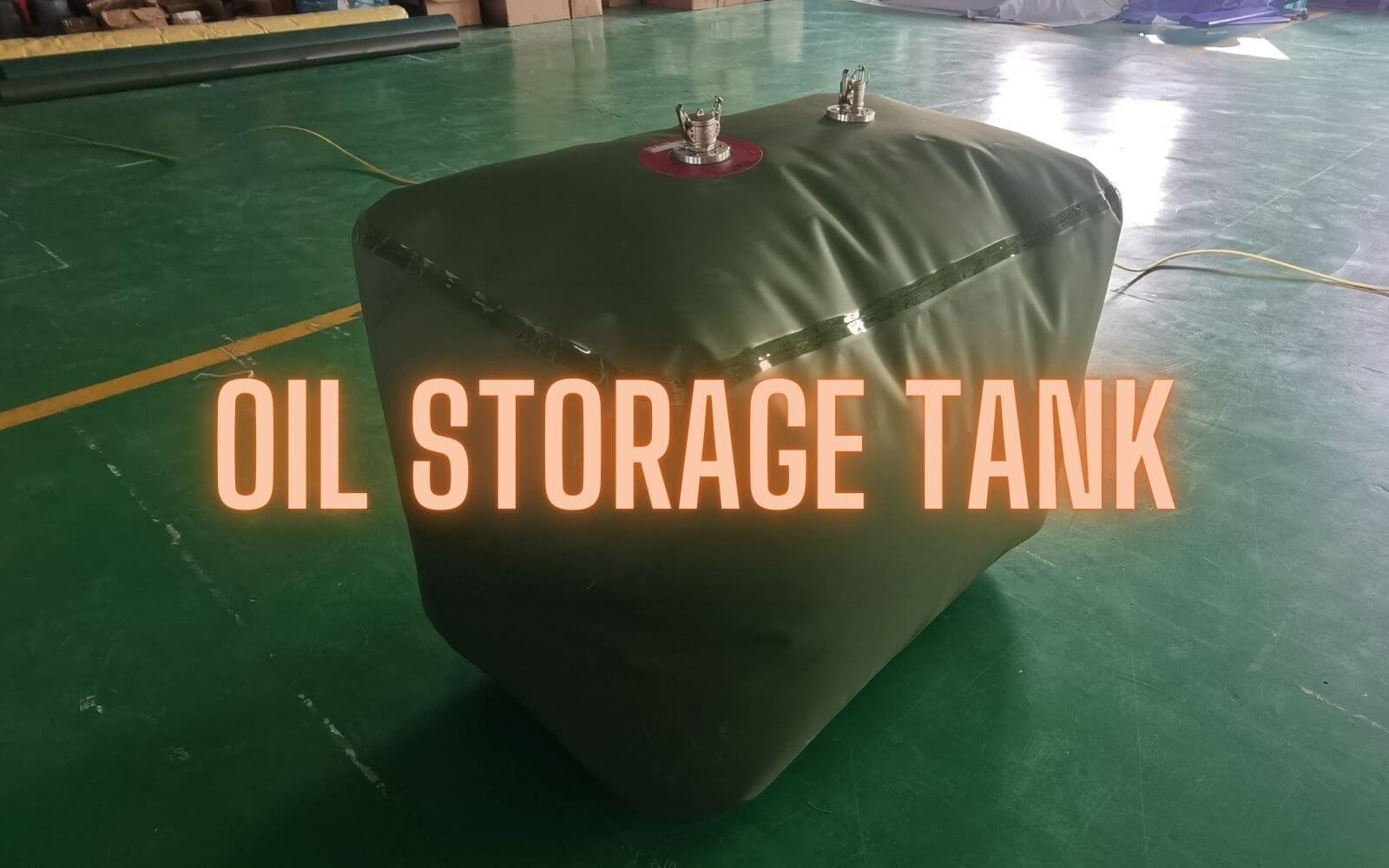OIL STORAGE TANK
In the world of offshore drilling and marine transportation, efficient and reliable oil storage tank is critical. Traditional rigid oil storage tanks, even effective, often come with some limitations like fixed in limited space, high maintenance cost, and complicated installation procedure.
As these modern industries developed, effective oil storage tank requested, flexible oil storage tanks are emerging as the ideal solution, offering versatility, durability, and easy to use. These tanks are transforming how oil stored and transported, particularly in the demanding conditions of offshore platforms and marine vessels.
This article explores the benefits and applications of flexible oil storage tanks in offshore drilling and marine environments.
1. Space-Saving Design
One of the key challenges in both offshore and marine applications is the space limited available. Offshore drilling platforms and marine vessels often have irregular and confined areas where traditional rigid tanks may not fit. Flexible oil tanks, however, offer a significant advantage in this regard. Their adaptable design allows them to conform to irregular spaces, maximizing storage capacity without requiring extensive modification to the platform or vessel.
Whether on a offshore drilling rig or a vessel’s cargo hold, flexible tanks can be placed in areas where rigid tanks simply cannot fit. This makes them the perfect solution for operations that need to make the most of their available space.
2. Lightweight and Easy to Transport
In offshore drilling and marine transport, every pound of weight matters. Most of rigid tanks are heavy, making transportation fees and installation charges costly and time-consuming. Flexible oil storage tanks, made from durable but lightweight materials like reinforced PVC or TPU (thermoplastic polyurethane), offer a much lighter choice Their portability means they can easily transport and deploy to remote locations; rolling up and placing in the right place with less labor and equipment involved.
This feature is especially beneficial for offshore installations, where logistics and costs are critical concerns. A flexible tank’s ability to be compacted into small cartons for transportation and quickly place in the required locations to ensure that oil storage solution can set up efficiently without the need for cranes or other heavy equipment.
3. Durable and Long-Lasting
Offshore and marine environments are notoriously harsh. Saltwater, UV exposure, extreme temperatures, and constant movement can all take a toll on equipment. Flexible oil storage tanks specifically design to withstand these challenges. Made from high-strength, weather-resistant materials, these tanks are highly resistant to punctures, corrosion, and wear and tear.
In addition, flexible tanks design to endure extreme temperatures and environmental conditions. Whether dealing with freezing cold or intense heat(working temperature from -40 to 90 degree), flexible tanks maintain their integrity, ensuring reliable oil storage for long longevity service life. This durability translates to lower maintenance costs and fewer replacements, making them an economical choice for long-term use in demanding environments.
4. Quick Installation and Easy Maintenance
One of the major advantages of flexible oil tanks is their ease of installation. Unlike rigid tanks that require heavy machinery and extensive preparation, flexible tanks can set up quickly and with minimal operation. This is particularly important in offshore drilling, where downtime can be costly, and in marine transport, where time is often a critical factor.
Additionally, flexible tanks require less maintenance when compared with the traditional tanks. Their seamless design reduces the risk of leaks, and they are resistant to rust and corrosion. Regular inspections and simple cleaning are usually sufficient to keep them in good working condition, reducing the overall operational costs associated with oil storage.
5. Eco-Friendly and Safe
Environmental safety is a major concern for offshore drilling and marine transport operations. Oil spills or leaks can have devastating consequences for the environment, and the pressure to prevent such incidents is higher than ever. Flexible oil tanks are designed with reinforced seams and advanced safety features to minimize the risk of leaks, providing a safer alternative to traditional storage methods.
In addition to their leak-proof design, flexible tanks are often using recyclable materials, making them a more environmentally friendly option. Their ability to reduce the likelihood of spills or contamination makes them an ideal choice for industries looking to minimize their environmental footprint.
Flexible oil storage tanks are revolutionizing the way oil store and transport in offshore and marine environments. Their space-saving design, lightweight construction, durability, and ease of installation make them an ideal solution for industries operating in these challenging conditions. Whether used for offshore drilling platforms, marine transport, or emergency response, flexible oil tanks provide a reliable, cost-effective, and environmentally friendly option for oil storage.
As the demand for efficient and adaptable oil storage solutions continues to grow, flexible oil tanks are poised to become a standard in the industry, helping companies improve operational efficiency while reducing environmental risks.








